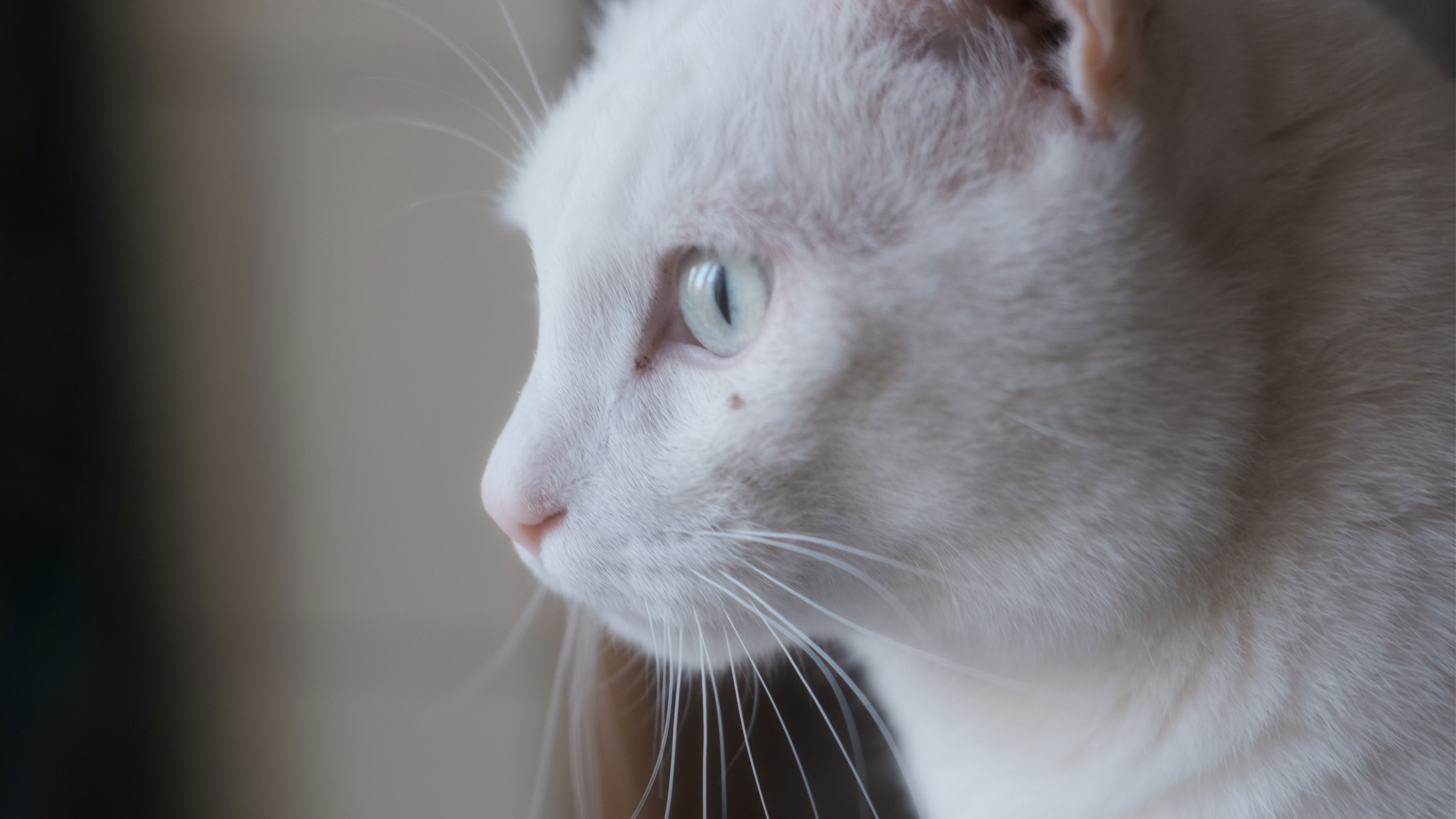
Three cats
2024
0h 15m
0.0(0 votes)
Documentary
Family
Overview
A man tells the story of his three cats.
Links & Resources
Social & External
Cast & Crew
1 member
Acting
Davide Manfrevola
Sé stesso
No Image

A man tells the story of his three cats.
Social & External
Sé stesso